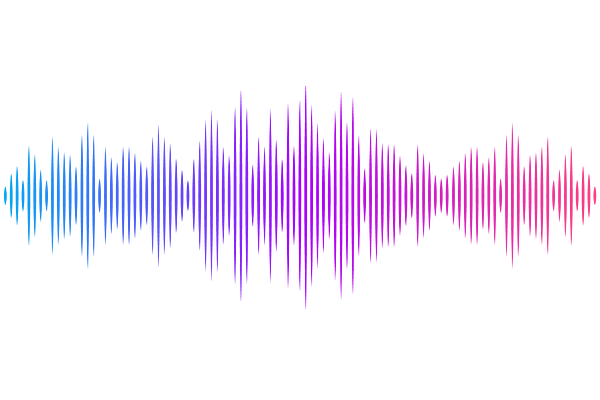Toxoplasma gondii chronic infection decreases visceral nociception through peripheral opioid receptor signaling

Toxoplasma gondii chronic infection decreases visceral nociception through peripheral opioid receptor signaling
Audibert, A.; Mas-Orea, X.; Rey, L.; Belloy, M.; Bassot, E.; Marodon, G.; Masson, F.; Cenac, N.; Dietrich, G.; Bonnart, C.; Blanchard, N.
AbstractBy eliciting immune activation in the digestive tract, intestinal pathogens may perturb gut homeostasis. Some gastrointestinal infections can indeed increase the risk of developing post-infectious irritable bowel syndrome (PI-IBS). Intriguingly, the prevalent foodborne parasite Toxoplasma gondii has not been linked to the development of PI-IBS and the impact of this infection on colon homeostasis remains ill-defined. We show in a mouse model that latent T. gondii decreases visceral nociceptive responses in an opioid signaling-dependent manner. Despite the accumulation of Th1 and cytotoxic T cells in the colon of latently infected mice, the selective invalidation of enkephalin gene in T cells ruled out the involvement of T cell-derived enkephalins in hypoalgesia. These findings provide clues about how this widespread infection durably shapes the gut immune landscape and modifies intestinal physiological parameters. They suggest that in contrast to other gut microbes, T. gondii infection could be negatively associated with abdominal pain.